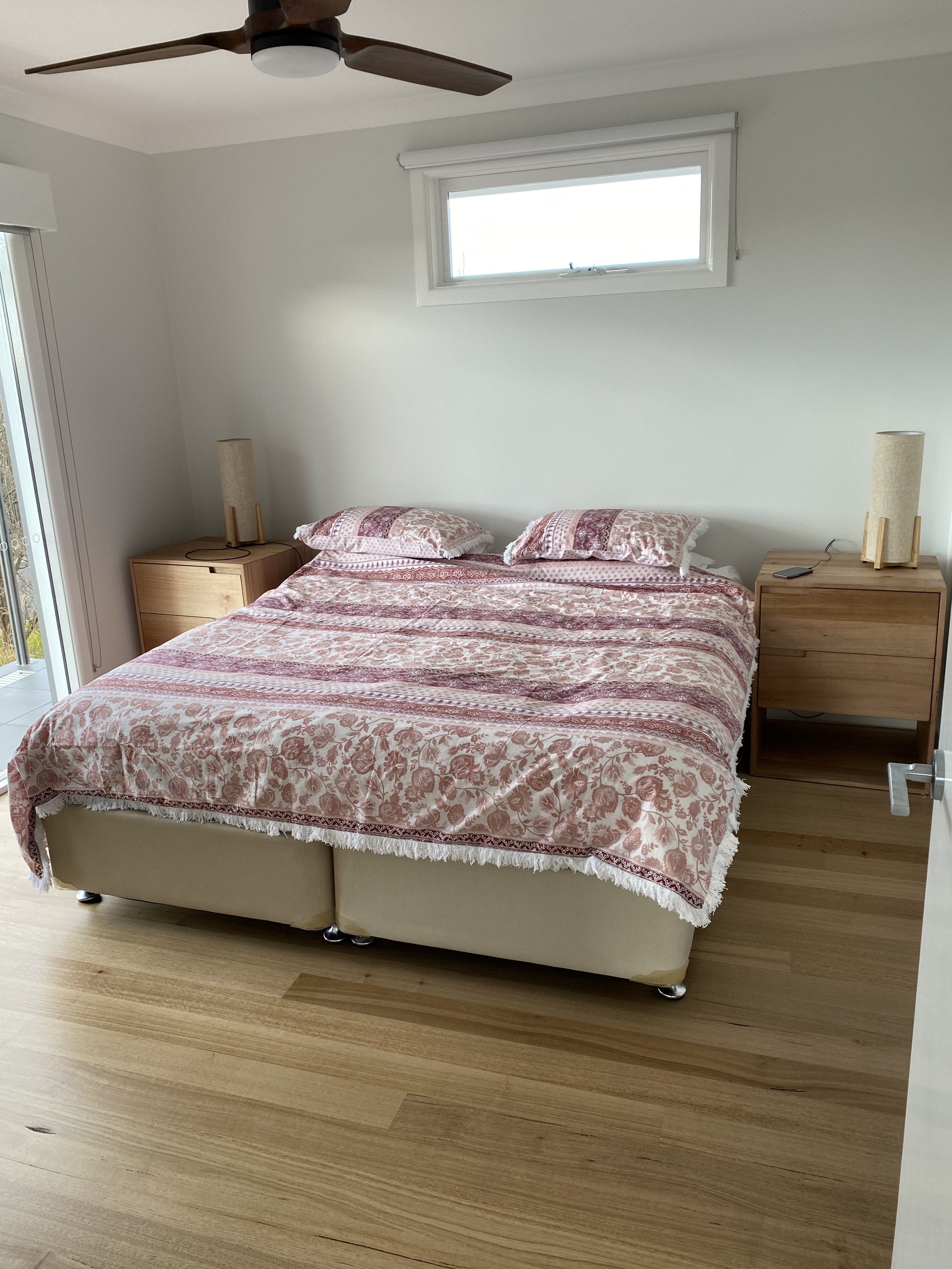Sleep
We all do it. In fact, sleep is fundamental. And it occupies about a third of our lives.
Sleep cycles
There are two types of sleep - rapid eye movement (REM) and non-REM. During the night, you cycle between the two.
During non-REM, where sleep starts each night, your brain waves, heart rate and eye movements all slow down. Your muscles may twitch randomly as they relax. This first stage of sleep is usually relatively short where your body temperature drops and your brain has short bursts of activity called sleep spindles. You will then enter into deep sleep where brain waves slow further into delta waves. This is where rest and repair occurs including the building of tissue, bone and muscles. The body also strengthens the immune system during non-REM sleep. The deep sleep stage usually lasts about 15-35 minutes.
At about 90 minutes of sleep, you enter a REM phase. During REM sleep, your heart rate is higher, you have irregular breathing, your eyes move rapidly behind your closed lids, and brain activity increases as information is processed and memories are converted from short to long-term. REM sleep is sometimes called the dream state and is where babies spend about 50% of the night. For adults, REM is about 20% of sleep.
The REM/non-REM cycle is repeated multiple times throughout the night with each REM phase lasting longer and longer as the night progresses.
As you age, you sleep more lightly and enter non-REM less often.
What happens when you sleep?
Your body is busy while you are sleeping. Sleep is important for
Muscle, bone and tissue repair
Growth
Hormone production and regulation
Memory formation
Information processing
Lymphatic cleansing
“Sleep is the golden chain that ties health and our bodies together”
Effects of inadequate sleep
Humans are the only mammals that willingly (and often forcefully) delay sleep. Doing so can have a profound effect on your mental and physical health, including:
Increased risk of heart disease from increased blood pressure
Increased risk of diabetes (insulin production)
Increased risk of obesity (grehlin and leptin production)
Reduced ability to cope with stress
Reduced problem-solving capabilities
Reduced short- and long-term memory
Reduced performance
Impacts balance and coordination leading to more accidents and falls
Reduced concentration and ability to think clearly
Reduced pain tolerance
Increased mood swings. Longer-term effects on mood can lead to anxiety and depression
In extreme cases, lack of sleep can even cause hallucinations
Impaired immune system leading to an increased risk of disease and infection
Increased risk of high blood pressure
Reduced libido
“Sleep is the most important repair mechanism our body has”
Impacts to sleep
There are a number of things that can impact sleep, including
Alcohol
Caffeine
Diet
Exercise
Smoking
Extremes of temperature
Sleep disorders
There are a number of clinical sleep disorders including insomnia, sleepwalking, narcolepsy, restless leg syndrome, sleep apnoea and snoring.
“Laugh and the world laughs with you, snore and you sleep alone”
Sleep tips
You can improve your ability to get to and stay asleep by making some changes to your routine, including.
Get outdoors. Exposure to sunshine during the day helps to regulate melatonin levels
Limit electronics in the few hours before sleep. If you must look at a screen, use blue light filters or glasses
Have a sleep schedule – go to bed and get up at the same time every day (even on weekends and vacations)
Make a to-do list for the next day at the end of your day (5 or 6 pm not bedtime)
Set up your sleep environment – invest in a good mattress and pillow, blackout curtains or a sleep mask, quiet (or earplugs), 18-degree room (65 degrees if you work in Fahrenheit), and perhaps a weighted blanket (to calm the nervous system and great for those with anxiety)
Remove your smartphone from your bedroom and get an alarm clock if you have a tendency to scroll endlessly before bed
Good sleep hygiene can set you up for the land of nod. Establish a bedtime routine to prep your body for the transition to sleep
Light stretch or gentle yoga
Warm bath/shower (this helps your body drop your core temperature in transition to sleep)
Journalling, meditation or reading (or all three)
What to do if you can’t sleep
We’ve all experienced times when sleep is elusive. Perhaps there’s something on your mind, you have a big event the next day or your body is restless. If you find yourself in this position after your standard bedtime routine, get up and walk around the house for about 5 minutes, use the bathroom if you need to, read a book or meditate for 10 minutes, do some deep breathing (elongating the exhalation to the point where it is twice the length of inhalation) and try again to drift off.
If sleep issues become chronic, there are a few things you can try
Consider reducing your alcohol and caffeine consumption
Stop working 3 hours before bed
Cease electronics at least an hour before bed
Incorporate some physical activity into every day
Manage stress
Please consult your doctor if you continue to experience issues with your sleep.

